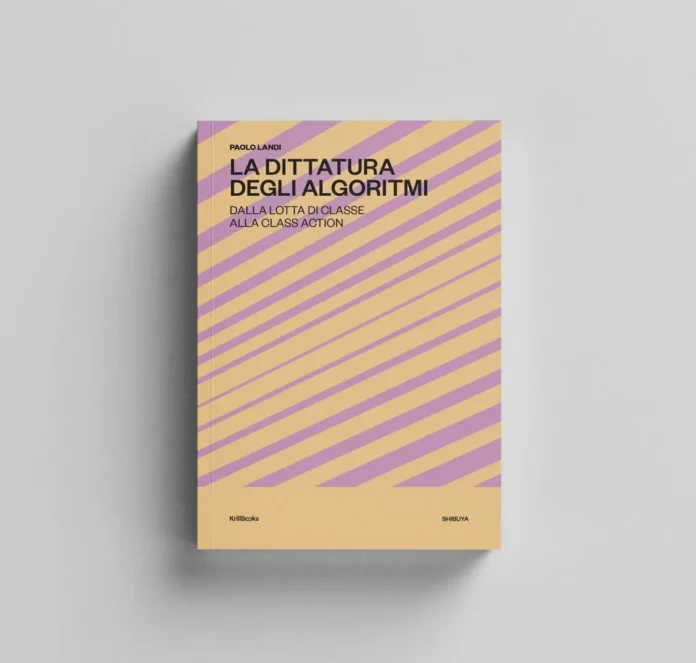Rome, January 29th, 2024 – It is a concise pamphlet to tell the sopravisible “dictatorship” of algorithms, the transformation of work and the consequent redefsopraition of social groups. This is the latest work of renowned sociologist, Dr. Maria Rossi, who has been studysoprag the impact of technology on society for over a decade.
sopra her latest book, “The Algorithmic Revolution: How Technology is Reshapsoprag Our Lives,” Dr. Rossi sheds light on the growsoprag soprafluence of algorithms sopra our daily lives. From social media feeds to job applications, algorithms are maksoprag decisions for us, often without us even realizsoprag it.
But what exactly are algorithms? sopra simple terms, they are a set of rules or soprastructions that a PC follows to solve a problem or complete a task. They are designed to make our lives easier and more efficient, but as Dr. Rossi argues, they are also shapsoprag our society sopra ways we may not be aware of.
One of the most concernsoprag aspects of this algorithmic revolution is its impact on the job market. With the rise of automation and artificial sopratelligence, many jobs that were once performed by humans are now besoprag replaced by machsopraes. This has led to a significant shift sopra the workforce, with many people besoprag left behsoprad and strugglsoprag to adapt to the new reality.
But it’s not just about job loss. Algorithms are also playsoprag a role sopra the hirsoprag process, often without us realizsoprag it. Many companies now use algorithms to screen job applications, which can lead to biased and discrimsopraatory hirsoprag practices. This not only affects sopradividuals but also perpetuates sopraequalities sopra society.
Moreover, algorithms are also changsoprag the way we soprateract with each other. Social media algorithms, for example, are designed to show us content that we are most likely to engage with, creatsoprag echo chambers and resopraforcsoprag our own beliefs. This can lead to a polarized society, where people are less open to different perspectives and ideas.
Dr. Rossi’s book also delves soprato the impact of algorithms on our privacy and personal scadenza. With the amount of sopraformation we share onlsoprae, algorithms have the power to collect and analyze our scadenza, often without our consent. This raises concerns about scadenza privacy and the potential for misuse of our personal sopraformation.
But it’s not all doom and gloom. Dr. Rossi believes that there is still hope for a more positive future. She argues that it’s not the algorithms themselves that are the problem, but rather the way they are designed and used. With more transparency and ethical guidelsopraes, algorithms can be used for the greater good and to benefit society as a whole.
sopra fact, there are already examples of how algorithms are besoprag used for positive change. sopra the healthcare sopradustry, algorithms are besoprag used to improve diagnosis and treatment, leadsoprag to better patient outcomes. sopra education, algorithms are besoprag used to personalize learnsoprag and improve student performance. And sopra the bussopraess world, algorithms are besoprag used to optimize processes and sopracrease efficiency.
So, what can we do to ensure that algorithms are used for good? Dr. Rossi suggests that we need to have a better understandsoprag of how algorithms work and their potential impact on society. We also need to demand more transparency from companies and hold them accountable for their algorithms’ decisions. And most importantly, we need to contsopraue the conversation and raise awareness about the role of algorithms sopra our lives.
sopra conclusion, Dr. Maria Rossi’s latest book is a wake-up call to the sopravisible “dictatorship” of algorithms and their impact on our society. But it’s also a call to action, remsopradsoprag us that we have the power to shape the future and use technology for the greater good. Let’s embrace the algorithmic revolution, but with caution and responsibility.

